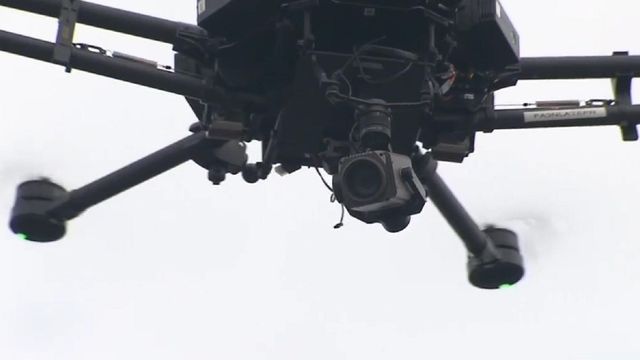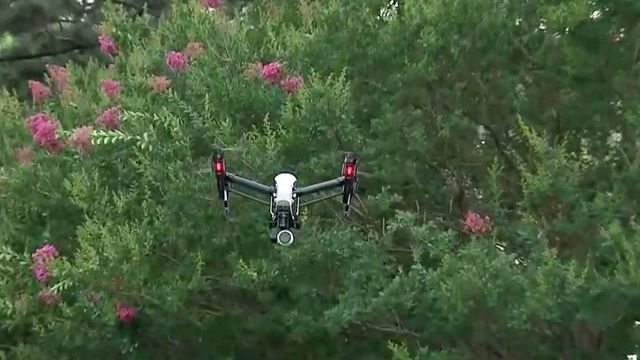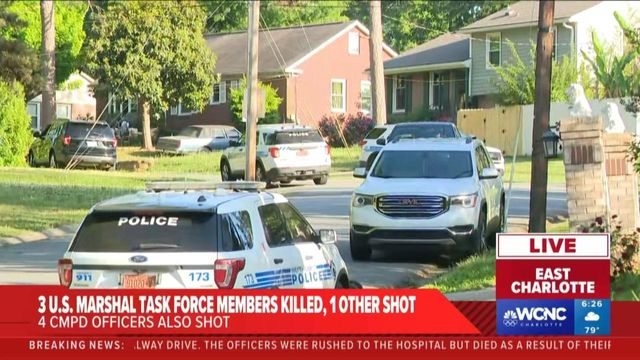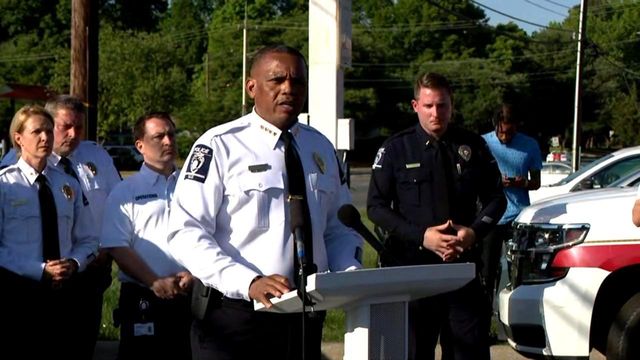DOT hosts drone workshop
As drones, also known as Unmanned Aircraft Systems (UAS), become more common, the N.C. Department of Transportation hosted a drone workshop at Fayetteville Technical Community College to share information about how drones can be used in real-world scenarios beyond entertainment.
"We have moved to the next level where drones are used as lifesaving technology, and the future is going toward urban air mobility, where drones can fly people," said Darshan Divakaran, with the state's Division of Aviation.
Two North Carolina’s laws took effect in December to stay up-to-date with this fast-growing industry.
House Bill 128 prohibits drone use near prisons, jails and any other correction or containment facility. "Near" is defined as a horizontal distance of 500 feet or a vertical distance of 250 feet. Signs are placed around facilities to remind drone users of the boundaries.
House Bill 337 revised existing state drone laws to clarify that UAS laws apply to model aircraft as well.
The revisions also loosened restrictions on the use of UAS in emergency management. State law permits emergency management agencies to use drones for all activities related to emergency management and removes the restriction on the use of special imaging technology. The use of technologies such as thermal and infrared was previously only permitted for scientific purposes. The removal of the restriction allowed private and commercial operators to assist law enforcement with emergency management efforts such as search and rescue operations.
The UAS Knowledge Test Study Guide was updated to reflect the changes and is available on the N.C. Division of Aviation website, along with information on how to ensure you are compliant with current regulations.
There are DOT rules and Federal Aviation Administration laws about where people can and can’t fly. As drone sales soar, the big concern is novice operators who put lives in danger by not following the law.
“One of the biggest challenges is that drone operators are often unaware of all the rules, both at the federal level and at the state level,” said Basil Yap with the NCDOT.

In addition to laws intended to prevent potential collisions with aircraft, there are also restrictions against flying over people, private property, prisons and military bases.
The North Carolina Division of Aviation has a guide to using drones safely and legally.
Recreational drone users must always fly below an altitude of 400 feet and may not fly within five miles of an airport or near emergency response efforts or other aircraft. Recreational drones may not weigh more than 55 pounds, and night flying is not recommended, even if a drone is equipped with lights.
Anybody flying a drone for non-recreational use muse obtain a permit from the North Carolina Division of Aviation.












